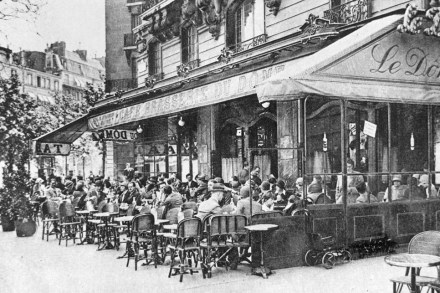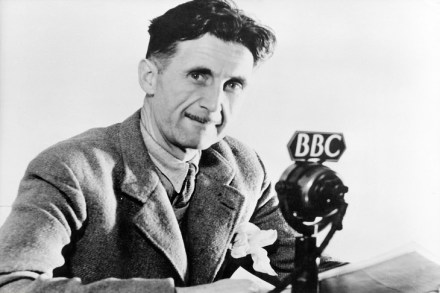A book that could save lives: Adam Rutherford’s How to Argue with a Racist reviewed
In the award-winning musical Avenue Q, filthy-minded puppets sang about schadenfreude, internet porn, loud sex, the uselessness of an English literature degree — and racism. Or, more specifically, they sang about the ubiquitous human habit of stereotyping people by race: Everyone’s a little bit racist, sometimes.Doesn’t mean we go around committing hate crimes.Look around and you will find,No one’s really colour blind.Maybe it’s a fact we all should face.Everyone makes judgments…Based on race. The puppets were right: everyone makes judgments based on race. Humans are lazy creatures who like mental short cuts. Thinking in shades of grey is more effortful than thinking in black and white. Evaluating a new person





















